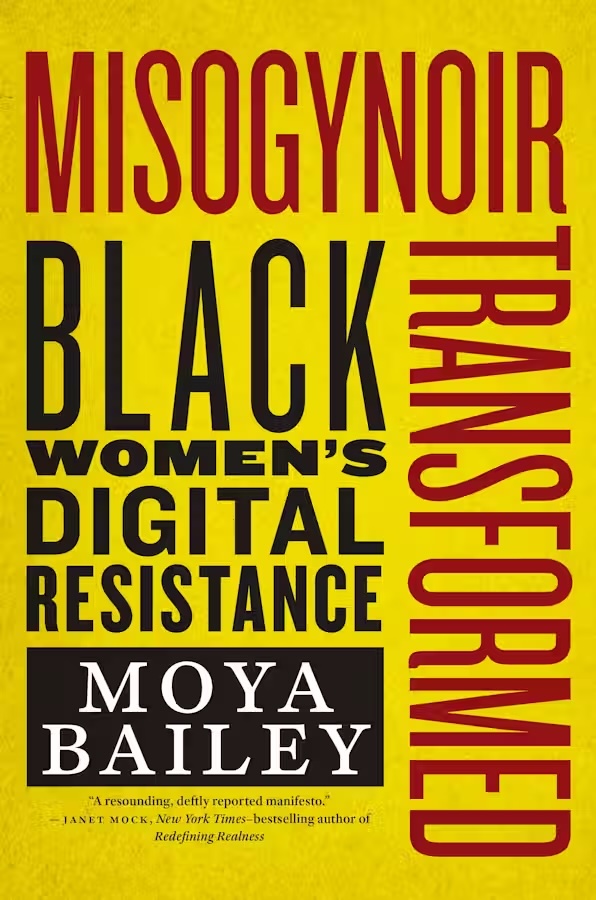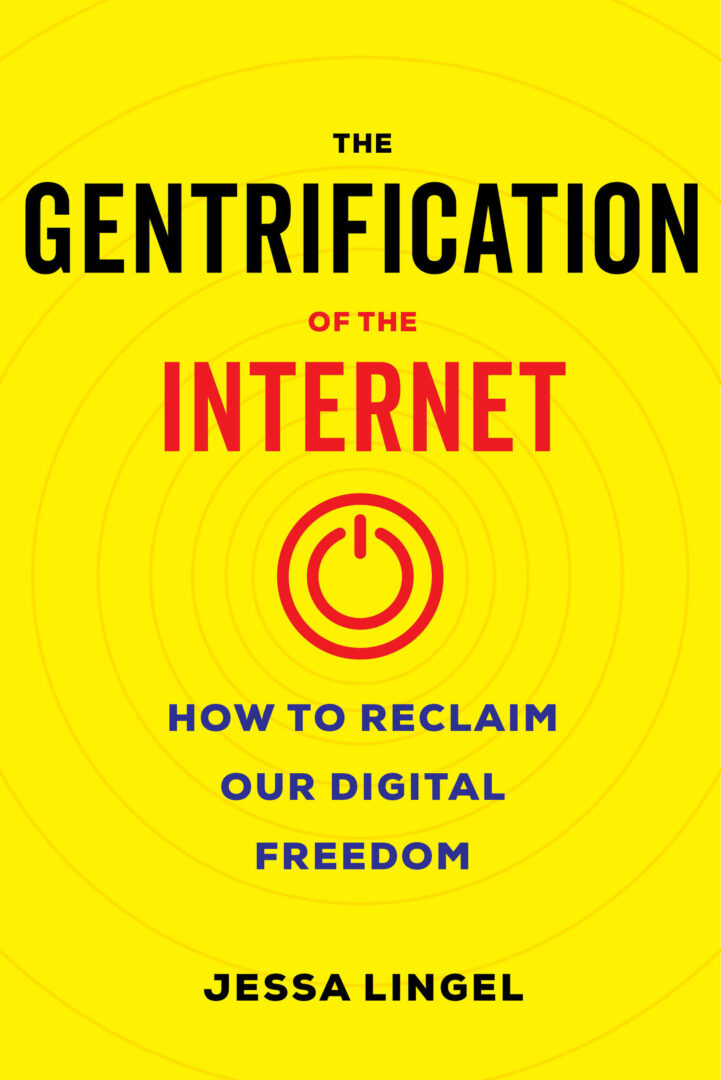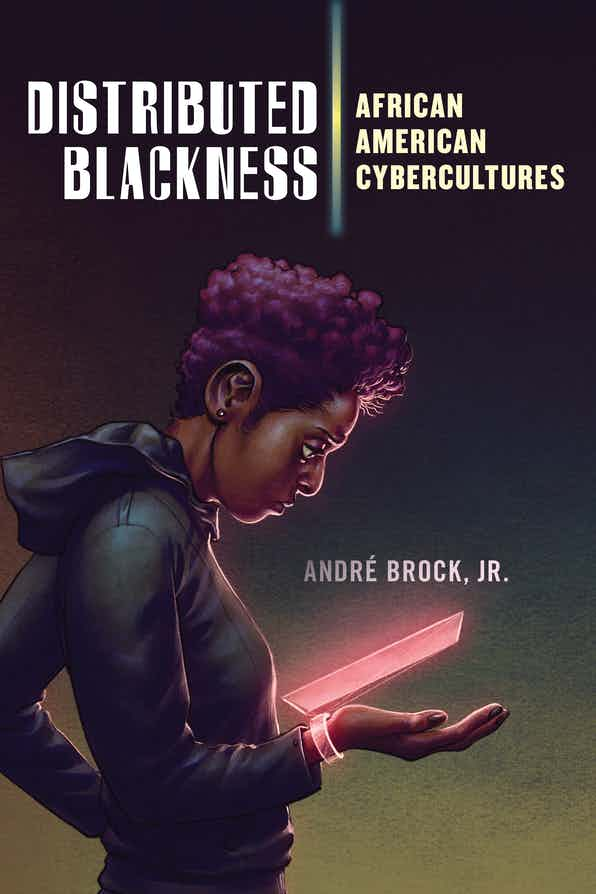Delores Phillips and Cultural Studies Association’s New Media and Digital Cultures Working Group Co-Host Reed Van Schenck discuss AI literacy, digital politics, and the 2024 US presidential election with authors Elizabeth Losh (William and Mary) and Rita Raley (UC Santa Barbara). This podcast is accompanied by a scholarly commentary by Stefania Milan.
Keyword: digital media
AI Literacy and the Changing Digital Political Landscape
Delores Phillips and Cultural Studies Association’s New Media and Digital Cultures Working Group Co-Host Reed Van Schenck discuss AI literacy, digital politics, and the 2024 US presidential election with authors Elizabeth Losh (William and Mary) and Rita Raley (UC Santa Barbara). This podcast is accompanied by a scholarly commentary by Stefania Milan.
Review of Misogynoir Transformed: Black Women’s Digital Resistance by Moya Bailey (New York University Press)
Misogynoir Transformed is a pioneering work by Moya Bailey that offers a groundbreaking analysis of misogynoir and the transformative strategies for social change in contemporary digital society. Through careful analysis of media representations, web series, and social media platforms, Bailey reveals how Black women and Black nonbinary, agender, and gender-variant folks encounter and resist damaging narratives. Bailey also introduces the conceptual framework of digital alchemy to conceptualize the praxis that Black women employ to transform harmful everyday media into valuable social justice media, which functions to reduce the negative effects of misogynoir and create their own safe and inclusive community. This transformative activity highlights the dual effects of visibility—it is empowering but also precarious. Bailey’s work is evidence of how digital platforms have the positive power to reduce misogynoir and reshape the discourse on gender diversity and social justice.
For the Moment, I Am Not Scrolling
Andrew Culp and Cultural Studies Association’s New Media and Digital Cultures Working Group Co-Chair Claudia Skinner take a look into Adi Kuntsman and Esperanza Miyake’s new book Paradoxes of Digital Disengagement: In Search of the Opt-Out Button, published by University of Westminster Press (2022). This podcast is accompanied by a scholarly commentary by Tero Karppi.
Review of The Gentrification of the Internet: How to Reclaim Our Digital Freedom by Jessa Lingel (University of California Press)
What could we discover about the forces shaping the internet, and what could we learn about how to fight back against those forces if we committed to the metaphor of gentrification? In The Gentrification of the Internet: How to Reclaim Our Digital Freedom, Jessa Lingel shows that gentrification can be a useful lens through which to expose how power and class play out in online space. In a moment of increasing techno-skepticism, The Gentrification of the Internet offers a starting point for action, grounded in the reality of urban gentrification activism with proven results.
Review of Distributed Blackness: African American Cybercultures by André Brock, Jr. (New York University Press)
In Distributed Blackness: African American Cybercultures, interdisciplinary scholar André Brock, Jr. offers a timely and powerful examination of Blackness in the digital age. The book centers Black technology use from Black perspectives and investigates the online distribution of Black discourses. In six exploratory chapters, Brock reconceptualizes Black technoculture in a way that corrects deficit models of Black digital practice.




